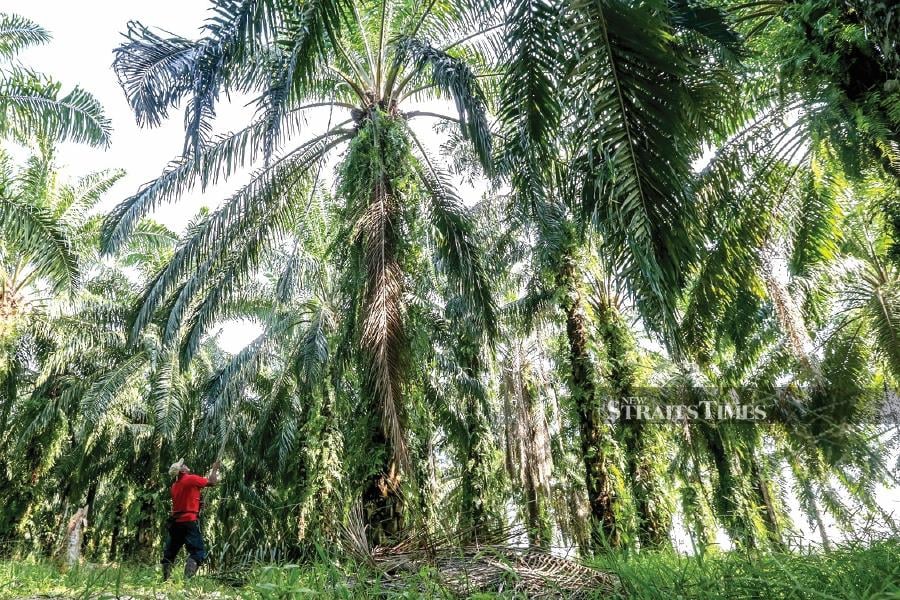Centre approves oil palm cultivation in Assam tea gardens under NMEO-OP

Tea estates in Assam can now avail benefits under the National Mission on Edible Oils – Oil Palm (NMEO-OP) for oil palm cultivation. The Centre approved the scheme’s extension following NETA’s appeal, allowing up to 5% of tea garden land for oil palm. The move aims to boost diversification and reduce India’s edible oil imports.
Guwahati: Tea estates in Assam will now be eligible for assistance under the National Mission on Edible Oils – Oil Palm (NMEO-OP) for cultivating oil palm trees.
The decision comes in response to an appeal by the North Eastern Tea Association (NETA), which had urged both the Central and State governments to extend the scheme to tea gardens.
The Ministry of Agriculture & Farmers Welfare, Government of India, in a letter dated April 1, 2025, to the Director of Agriculture, Government of Assam, has approved the extension of NMEO-OP benefits for cultivating oil palm trees on up to five percent of the land in Assam’s tea gardens.
Initially, tea estates in the state were unable to avail of the scheme due to land classification issues and other conditions outlined in the NMEO-OP operational guidelines issued in April 2022.
Recognising these challenges, NETA had formally requested an amendment, citing the economic benefits of diversifying tea estates with oil palm cultivation.
According to NETA, oil palm cultivation demands significant capital investment, including costs for planting, irrigation, and maintenance during the initial four-year non-harvesting period.
Following the association’s appeal, the Central government responded positively, advising the Assam government to facilitate the inclusion of tea estates in the scheme.
A study conducted by NETA indicates that tea and oil palm cultivation can coexist without disruption.
Additionally, the research suggests that diversifying tea gardens by integrating agarwood, oil palm, and other cash crops on a small portion of the land could provide economic relief to the tea industry, which is currently facing financial challenges.
The Assam government had already paved the way for diversification through a Gazette Notification on October 14, 2022, allowing five percent of total tea garden land to be used for specific purposes, including cash crops.
Further strengthening this move, the Assam Cabinet, in its meeting on January 10, 2025, officially recognised oil palm as a cash crop.
Similarly, the West Bengal government issued a Gazette Notification on February 11, 2025, permitting up to 15 percent of tea garden land to be used for specific purposes.
Under NMEO-OP, eligible tea estates will receive financial assistance covering planting material, maintenance during the gestation period (four years), intercropping inputs, land clearance, bio-fencing, drip irrigation, bore wells, water harvesting structures, vermicom post units, and harvesting tools.
A special package is also available for Northeastern states.
India, being the world’s largest importer of edible oils, has been striving to boost domestic production.
NMEO-OP was launched with the aim of expanding oil palm cultivation and reducing the country’s reliance on imports.
To read more about Edible Oil News continue reading Agriinsite.com
Source : North East News















